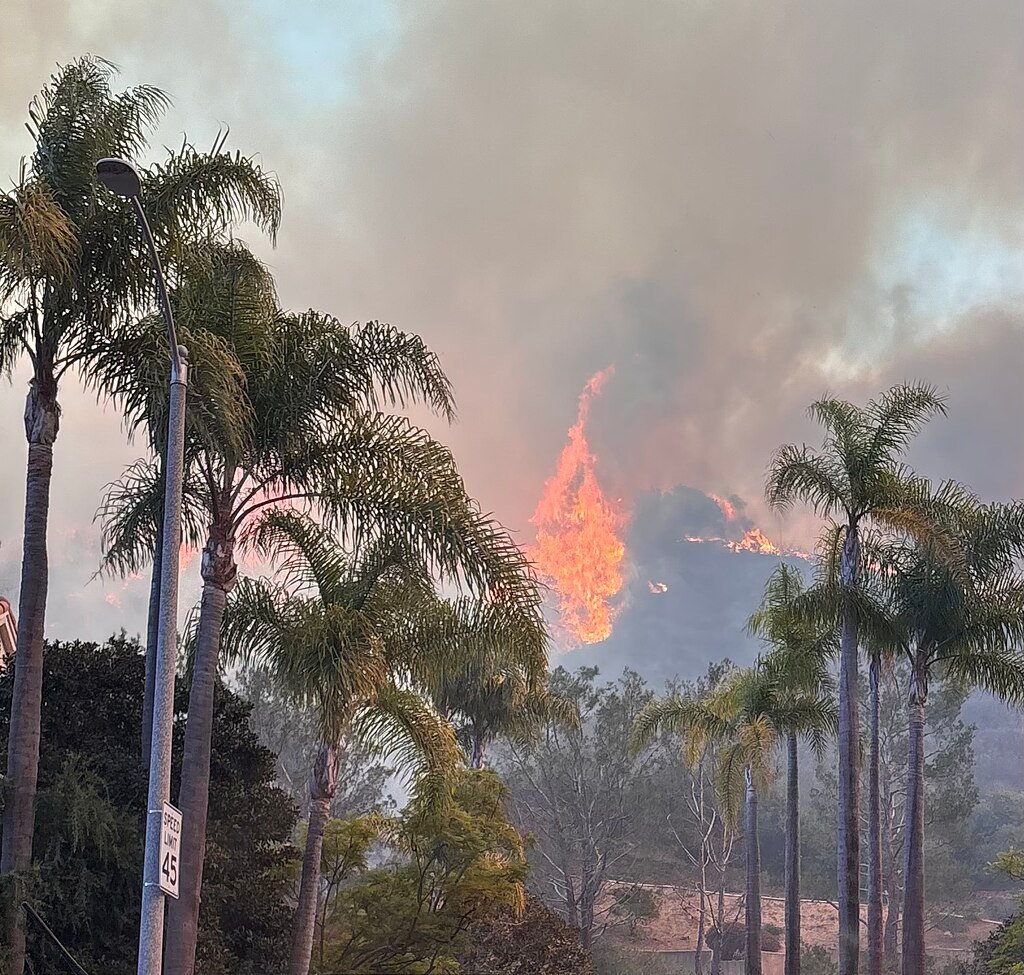In 2017, the Trump administration made a surreptitious but catastrophic action: it removed over 400 scientists who were toiling on the latest National Climate Assessment (NCA), a Congressionally required report on the effects of global warming on America. The move shocked scientists, with researchers warning that excluding climate science would render the country perilously ill-prepared to face rampaging disasters, heatwaves, wildfires, floods, and rising oceans. And now, history seems to be repeating itself. As the next NCA is delayed and politicized, scientists worry that America is again flying blind into a climate disaster.
The National Climate Assessment: A Pillar of U.S. Climate Policy
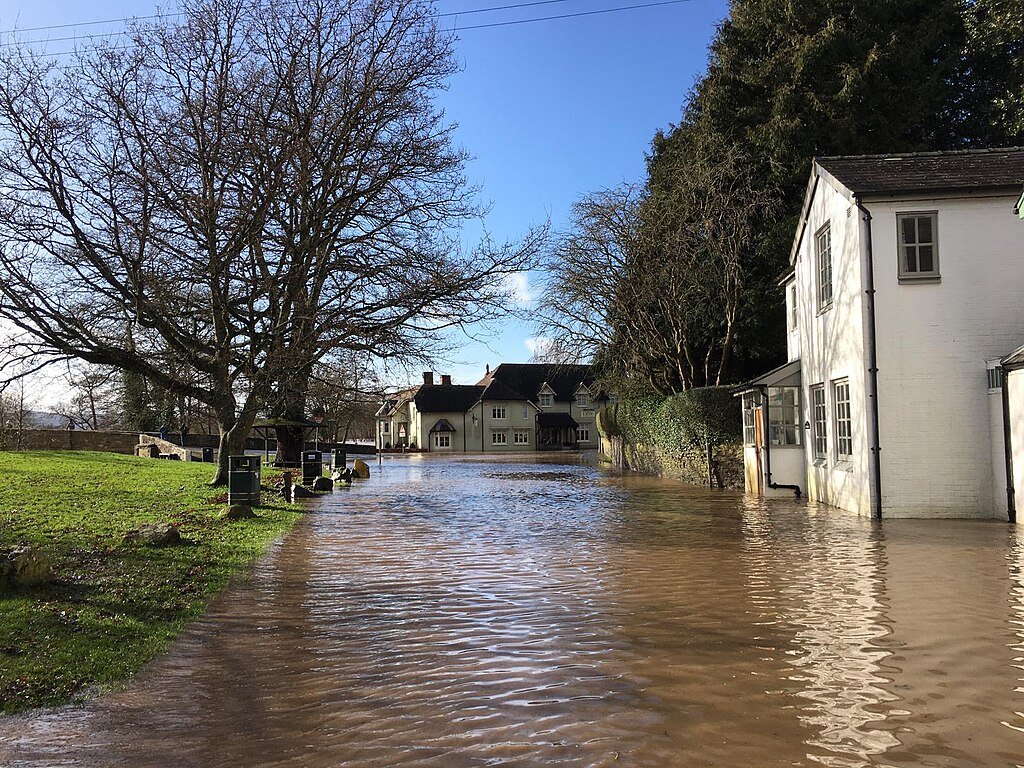
Under the federal law, since 1990, since 1990, the NCA has to be produced by the U.S. Global Change Research Program every four years. The report encapsulates the latest climate science in a form most useful to policymakers and the general public. For unlike global analysis, the NCA targets primarily U.S. vulnerabilities assisting the nation’s cities, states, and industries as they adapt.
But in May 2024, hundreds of scientists received abrupt emails dismissing them from the sixth NCA, citing a “reevaluation” of the report’s scope. The move mirrors the Trump administration’s 2017 purge, raising fears that the next assessment could be watered down or worse, weaponized to undermine climate science.
A Pattern of Silencing Science

This isn’t an isolated incident. The Trump administration has a long history of sidelining climate researchers:
- Defunding critical programs: Thousands of government scientists were fired, and grants for climate research were slashed.
- Blocking international collaboration: Federal scientists were barred from attending U.N. climate meetings.
- Scrapping reports: The National Nature Assessment, a Biden-era initiative, was abruptly canceled.
“It’s as if, when you’re driving your car, you have half the window blocked out,” said Chris Field, a Stanford climate scientist. “Without this data, we’re making decisions in the dark.”
Who Stands to Lose? Everyone.
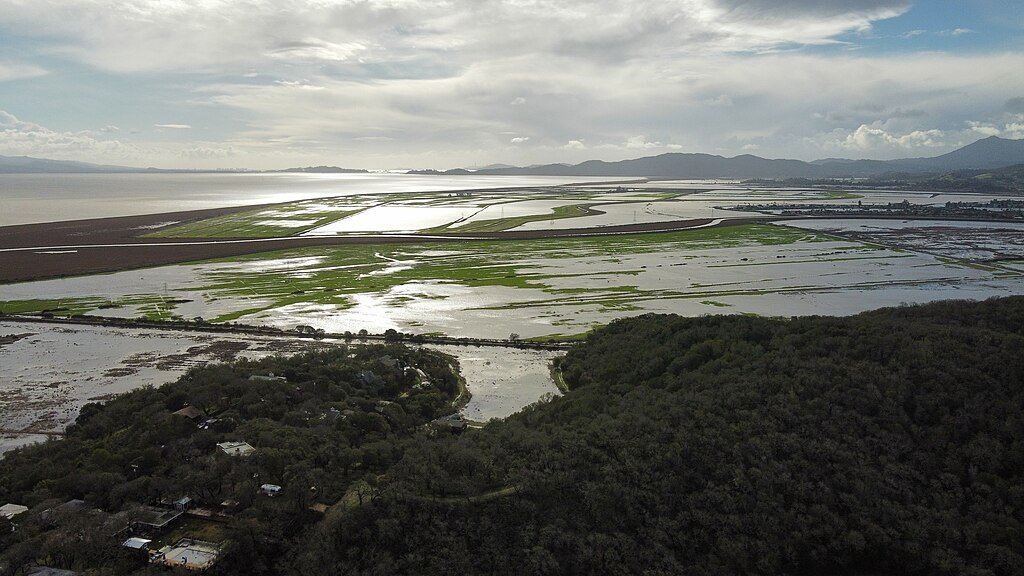
The NCA is not only academic, it’s a lifeline for communities. Local authorities depend on it to:
- Plan flood defenses
- Revise building codes for hot weather
- Disaster funding appropriation
There were 27 climate-related disasters that hit the U.S. in 2023 alone and cost more than $1 billion each. Cities can’t prepare without proper projections, and taxpayers pay for avoidable damages.
The Fossil Fuel Connection
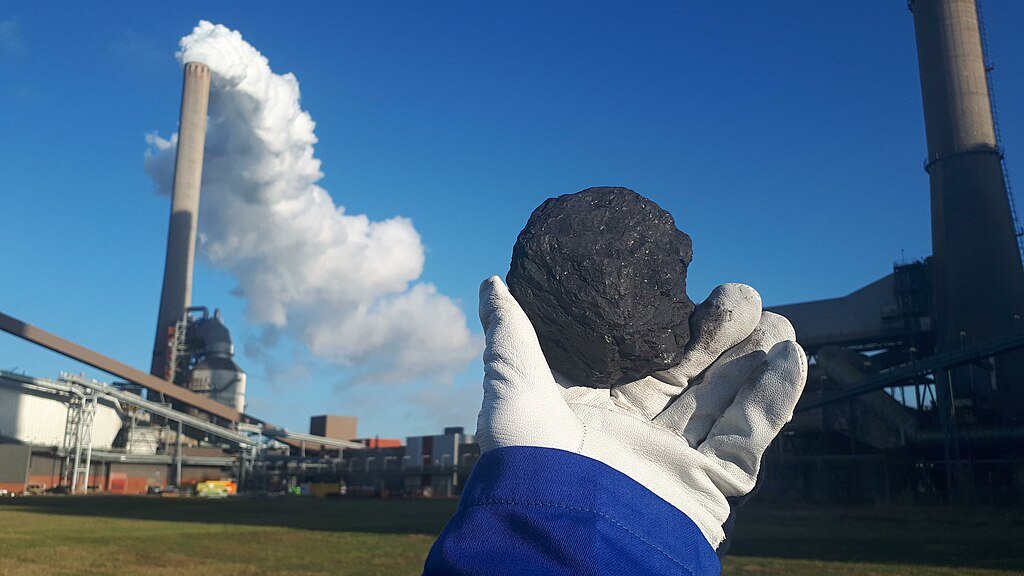
Critics argue the report’s disruption is no accident. Project 2025, a conservative policy blueprint backed by Trump allies, explicitly calls for rejecting climate assessments that “limit presidential authority.” The document advocates for “diverse viewpoints” , a euphemism, scientists say, for climate denial.
“This is about protecting oil and gas interests,” said Rachel Cleetus of the Union of Concerned Scientists. “They’re burying facts because the truth is inconvenient.”
What Happens If the NCA Is Gutted?
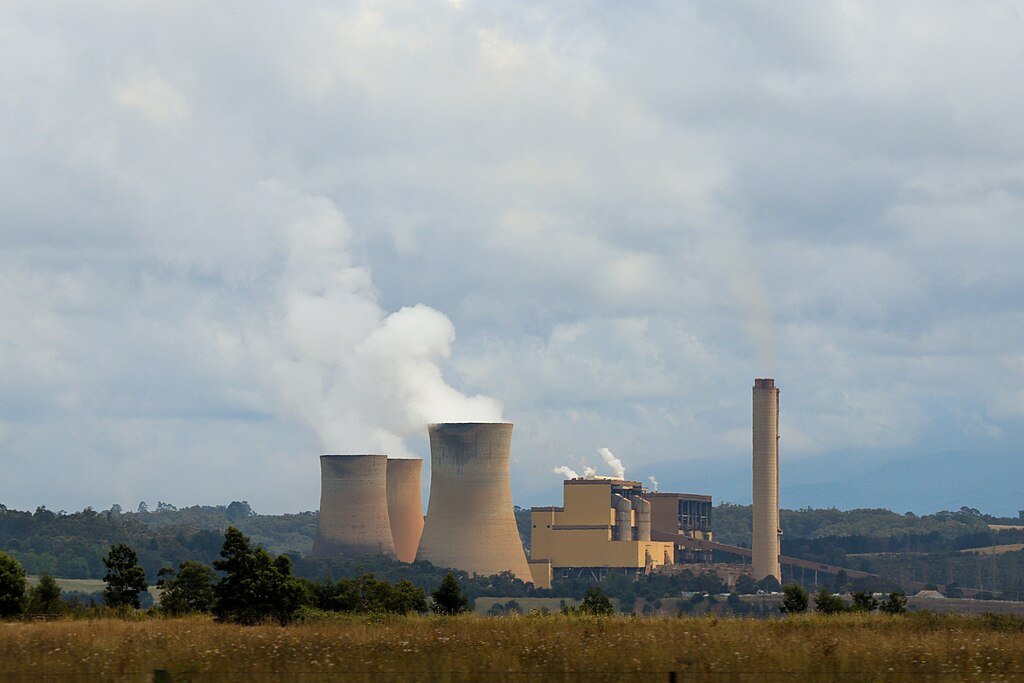
The consequences could ripple for decades:
- Misguided policies: Without good data, targets for emissions could be undermined.
- Economic consequences: Disrupted businesses have increased insurance premiums and supply chain interruptions.
- Global implications: The U.S., the largest emitter of carbon historically, could fall behind in the clean energy race.
“It’s a loss for taxpayers, communities, and the environment,” said Costa Samaras, a lead NCA author. “Not producing this report saves us nothing and costs us everything.”
Scientists Fight Back But Time Is Running Out
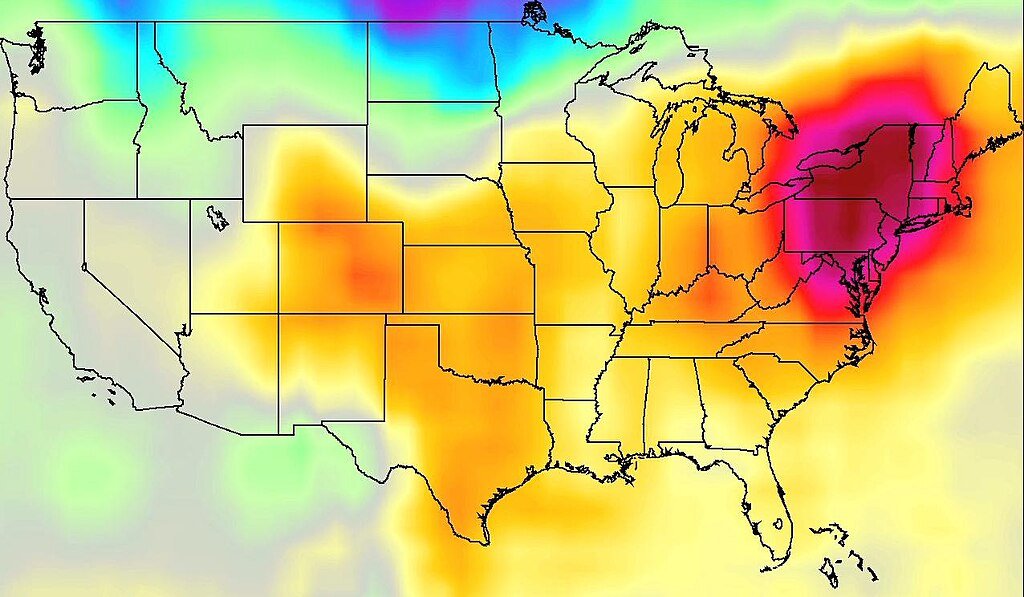
Despite the setbacks, researchers are scrambling to preserve climate science. Universities, nonprofits, and even some state governments are launching independent assessments. But without federal coordination, data gaps will persist.
“The hottest 10 years on record were all in the last decade,” said Ladd Keith, a University of Arizona climate planner. “If we lose this report, we’re surrendering to chaos.”
The Bottom Line
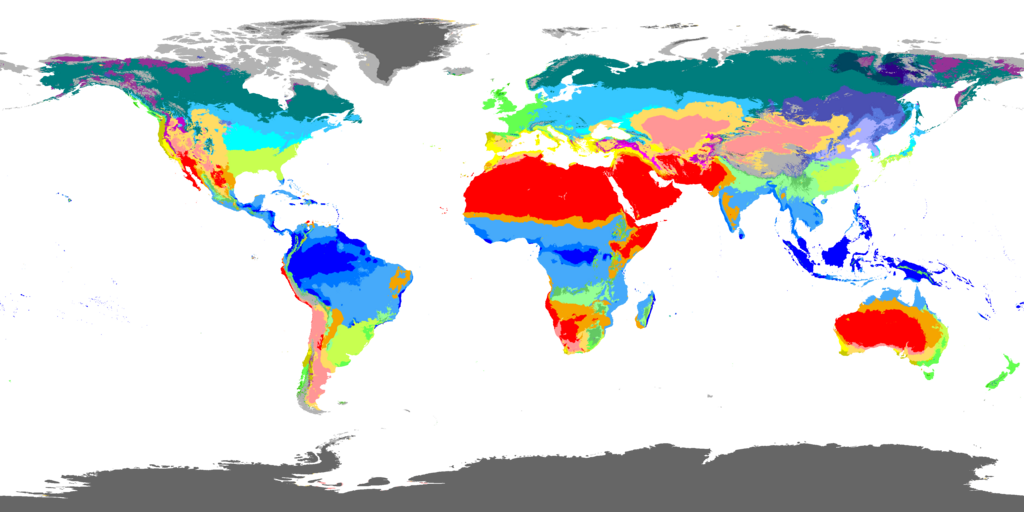
The NCA is more than a report, it’s a roadmap for survival. Politicizing its findings doesn’t just endanger science; it endangers lives. As the 2024 election looms, the stakes couldn’t be higher: Will the U.S. face the climate crisis head-on, or will short-term politics dictate our planet’s future?
“Climate change puts us all at risk,” warned climate scientist Katharine Hayhoe. “Without this information, the future will be much more dangerous.”
And time, unlike political agendas, is not negotiable.
Source:

Jan loves Wildlife and Animals and is one of the founders of Animals Around The Globe. He holds an MSc in Finance & Economics and is a passionate PADI Open Water Diver. His favorite animals are Mountain Gorillas, Tigers, and Great White Sharks. He lived in South Africa, Germany, the USA, Ireland, Italy, China, and Australia. Before AATG, Jan worked for Google, Axel Springer, BMW and others.

